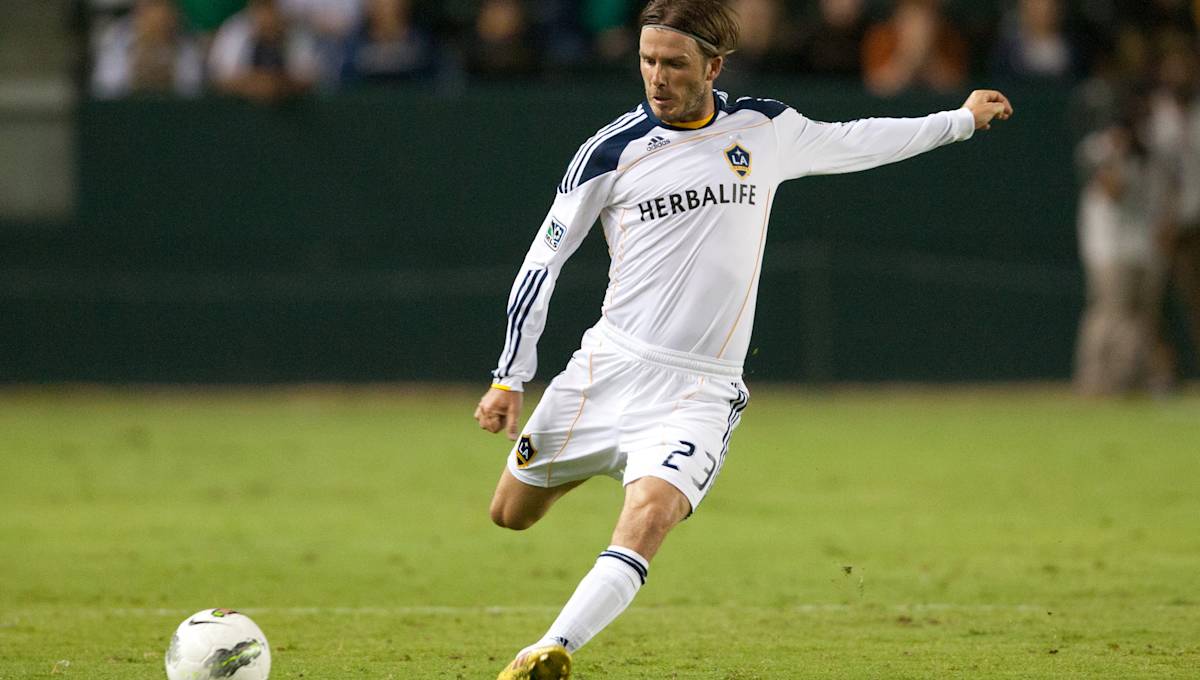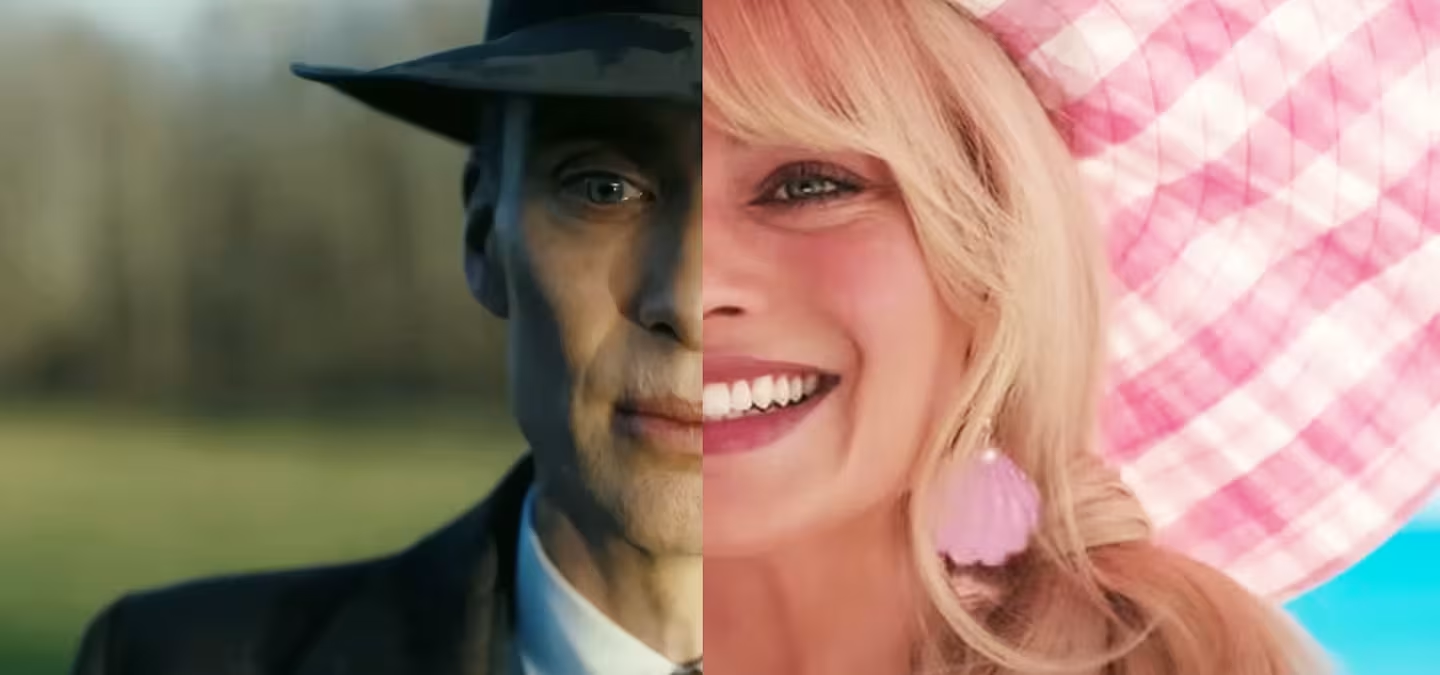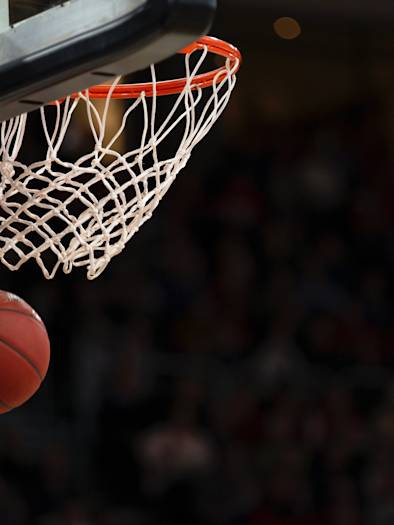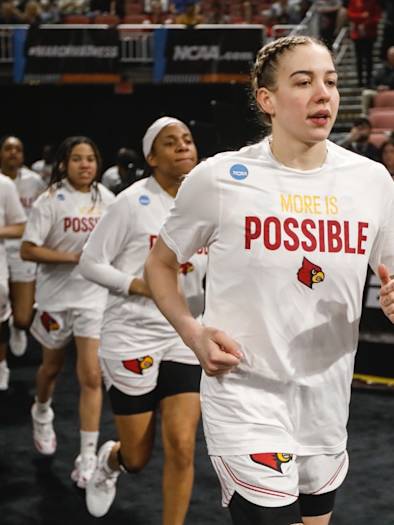
We live in a nostalgic culture - what does it mean for brands in sport?
In 2023, one thing was clear above all else in our culture: nostalgia sells. When the public voted with their wallets, they did so for properties that drew as much from the past as from the present.
The 2023 top-ten list of best-selling selling albums in the UK includes only one that was released in 2023. Even that album, Taylor Swift’s 1989 (Taylor’s Version), was a re-record of an album from 2014. This list includes the likes of Elton John, Fleetwood Mac, and ABBA. The UK Christmas Number One went to a track - Wham’s ‘Last Christmas’ - that was released 39 years earlier.
The top ten grossing films of 2023 include nine films that are based on previously released films or IP. 2023 was generally declared a positive year for creativity in movies, following the huge success of ‘Barbenheimer’ - and don’t get me wrong, projects like Greta Gerwig’s Barbie and Lord & Miller’s Spiderman: Across The Spider-Verse are creative and contemporary expressions made by innovative filmmakers. But they still play off nostalgia in their success. Even the one non-sequel or remake in the list, Christopher Nolan’s Oppenheimer, is based on, well, history.

Of course, this is just one way of assessing cultural trends; there were many creative and disruptive cultural outputs in 2023. But from a pure mainstream consumption perspective, the trend is clear. So, what does it say about our culture that playing to the past has become such a dominant tactic?
A big part of this trend is a function of how we now consume culture. With the entire archive of music available at our fingertips, it’s no surprise that the classics are more prominent than ever before. Platforms like TikTok also play an important role, in re-surfacing music from the past and putting it in front of new audiences.
In movies, the reliance on past IP has become a self-fulfilling prophecy. The success of these projects means that it’s incredibly hard to get truly new original work made by the biggest studios, meaning there are few unique projects available, increasing the trend towards IP. Streaming platforms, not reliant on the box office returns of an individual project, can support more stand-alone work, with David Fincher’s The Killer (Netflix) and Martin Scorsese’s Killers of The Flower Moon (Apple) being prominent 2023 examples. But when it comes to projects that live and die by getting bums on seats in movie theatres, the pool of non-IP movies is narrowing.
Beyond these functional considerations, this look to the past also speaks to our moment in time. As a cost-of-living crisis squeezes pockets, discretionary purchases like an album or a movie ticket feel more precious than ever. When every pound spent feels like a crucial decision, is it any surprise that audiences are opting for properties they know they love? Returning to past loves also comes with a feeling of comfort that serves as a contrast to the tumultuous narrative of news and current affairs. During the COVID-19 pandemic, this led to a huge boom in re-watching old shows via streaming channels, and something similar continues to happen in 2023.
The biggest brands in the world are certainly not blind to the power of this trend and its power to affect purchasing. Many are choosing to leverage the power of nostalgia, for their former products and campaigns, or to stir positive emotional reactions from their target consumers. In December alone, our team worked with adidas on a celebration of 30 years of Predator and Gillette on a re-recording of their iconic ‘Best a man can get’ spot.
So, what does this all mean for sport and the brands looking to find their place within it? Nostalgia culture is a huge part of the industry. Watching past highlights, reading about legendary players and comparing today’s athletes to those of the past is a crucial part of sporting discourse. With the rise and rise of sports documentaries available via streaming channels, with the recent Beckham documentary a prime example, it’s not impossible to imagine a world where the most consumed and discussed sporting content around isn’t contemporary or live sport, but examinations of the past.
Brands in sport, then, are smart to lean into this trend; to embrace fans' love of the past and use it to borrow some of that emotional capital. But this comes with a warning. Because an over-reliance on the past risks being at the detriment to nurturing the future. If backwards-facing content is prioritised to the point of limiting opportunities for new or creative ideas, our culture gets poorer, not richer. Brands that play a genuinely impactful role in shaping the cultural landscape have a responsibility to do what adidas and Gillette are doing and ensure that a look to the past is combined with introducing and celebrating new perspectives and creators. Making sure that when generations to come look back seeking their own hit of nostalgia, the creations of today are just as powerful as those from the past.
Author

Senior Associate Director
James Fenn





